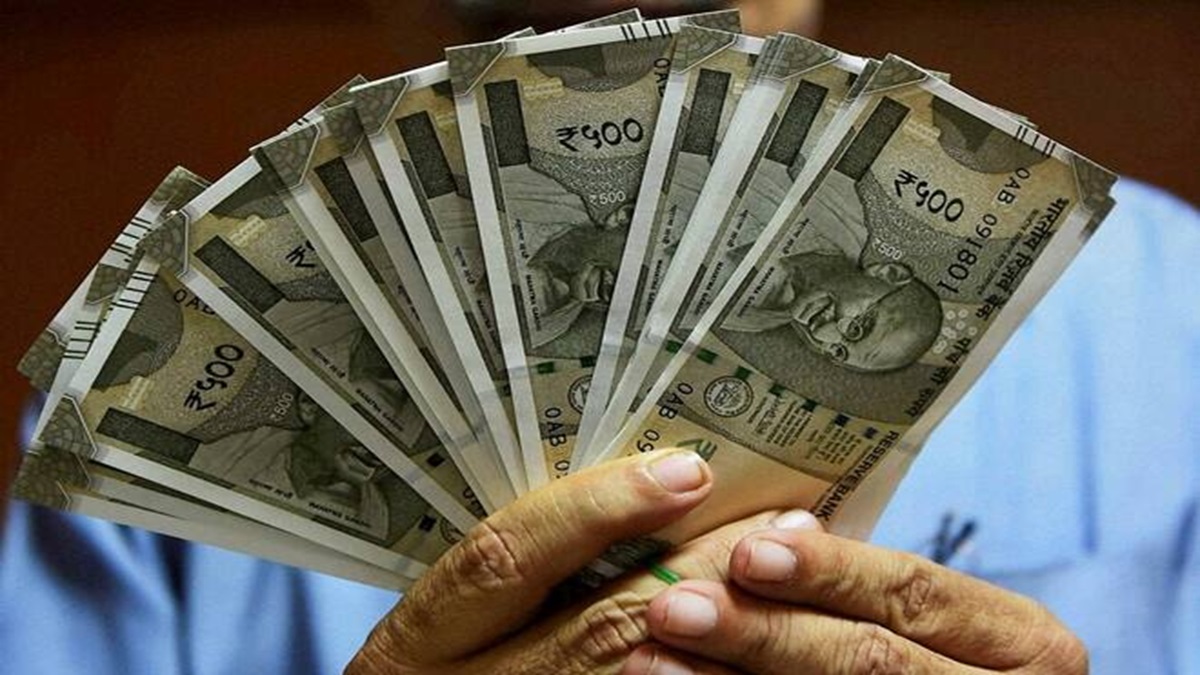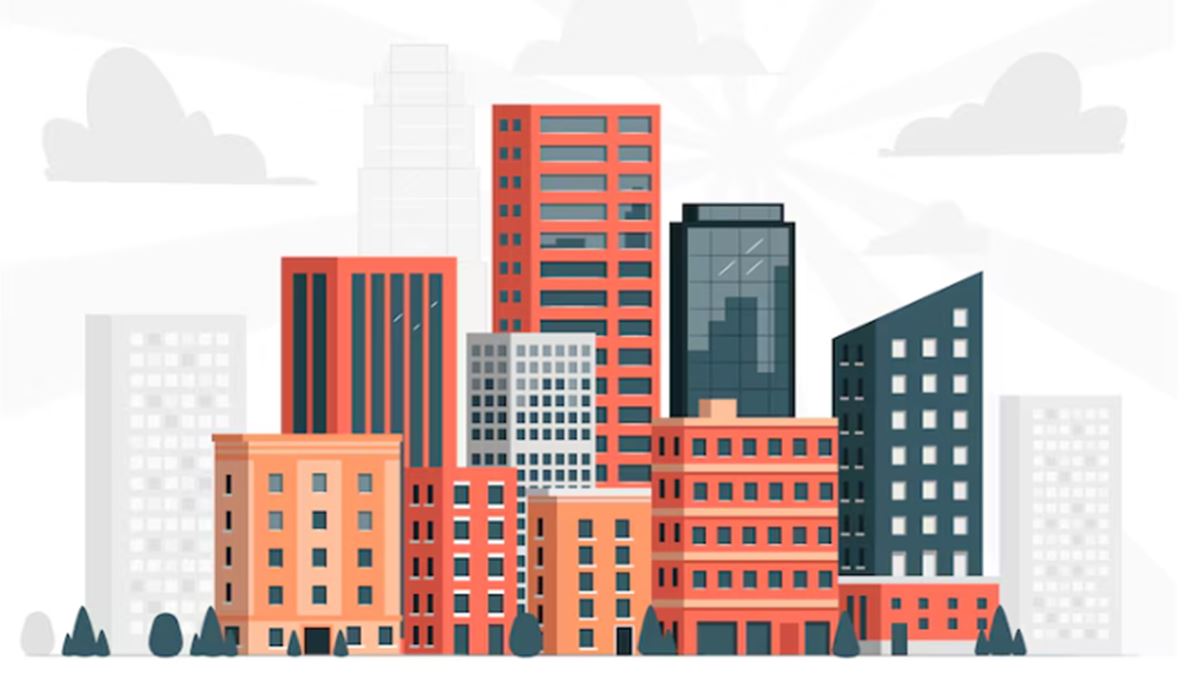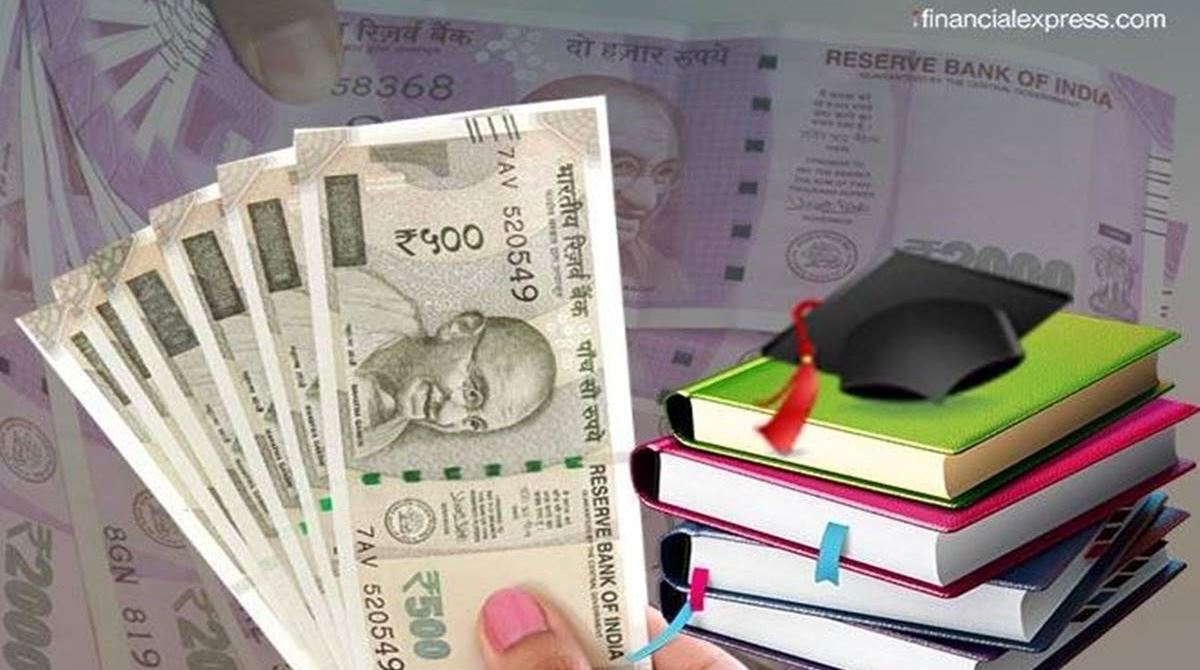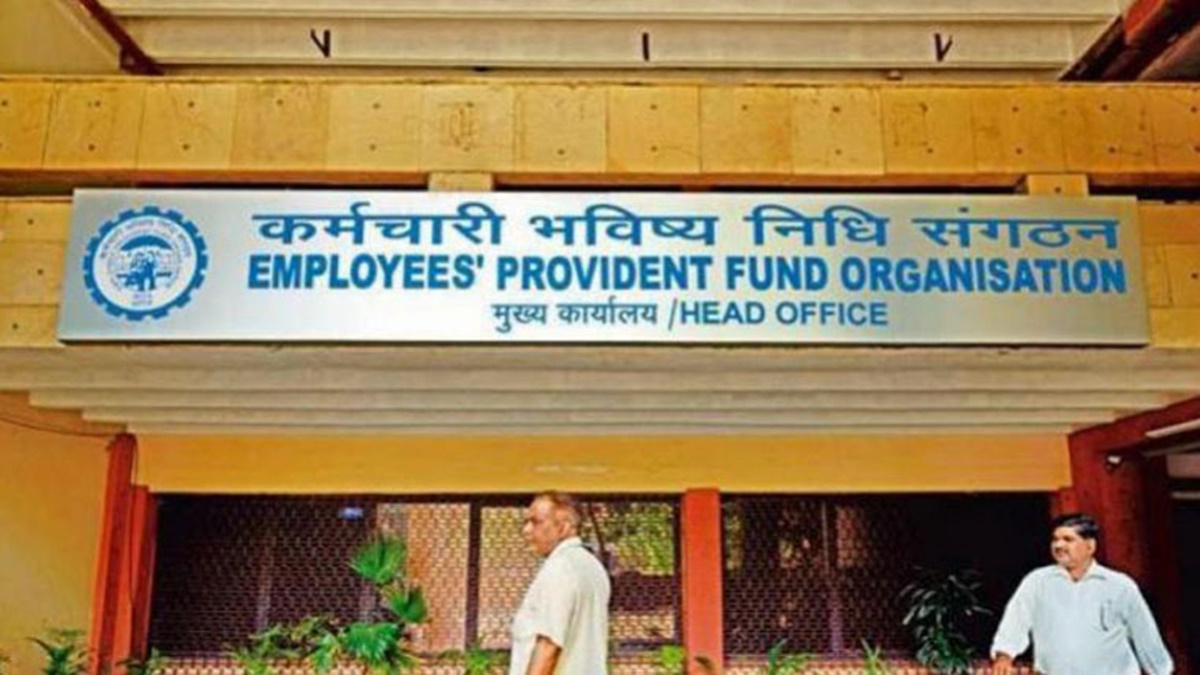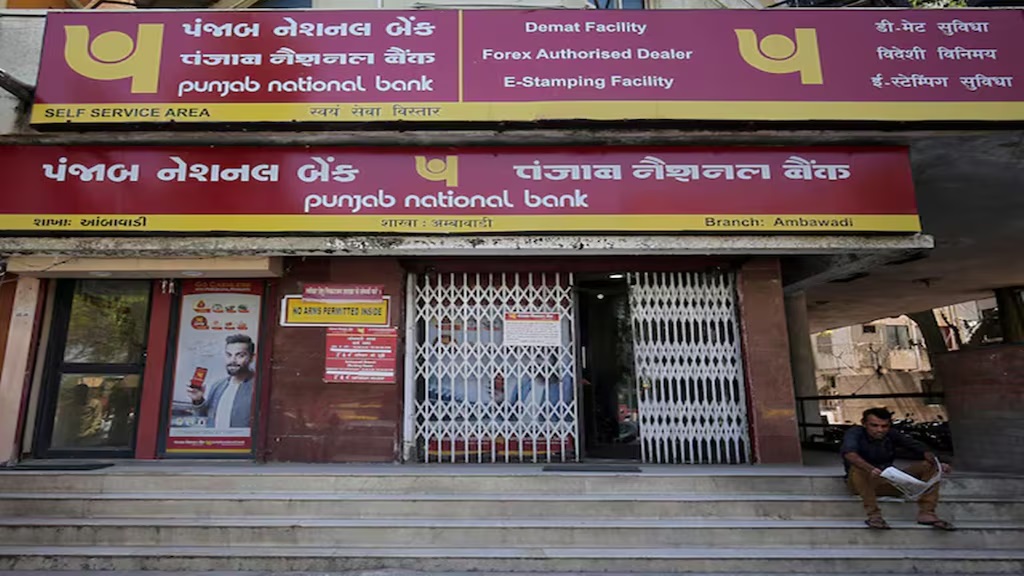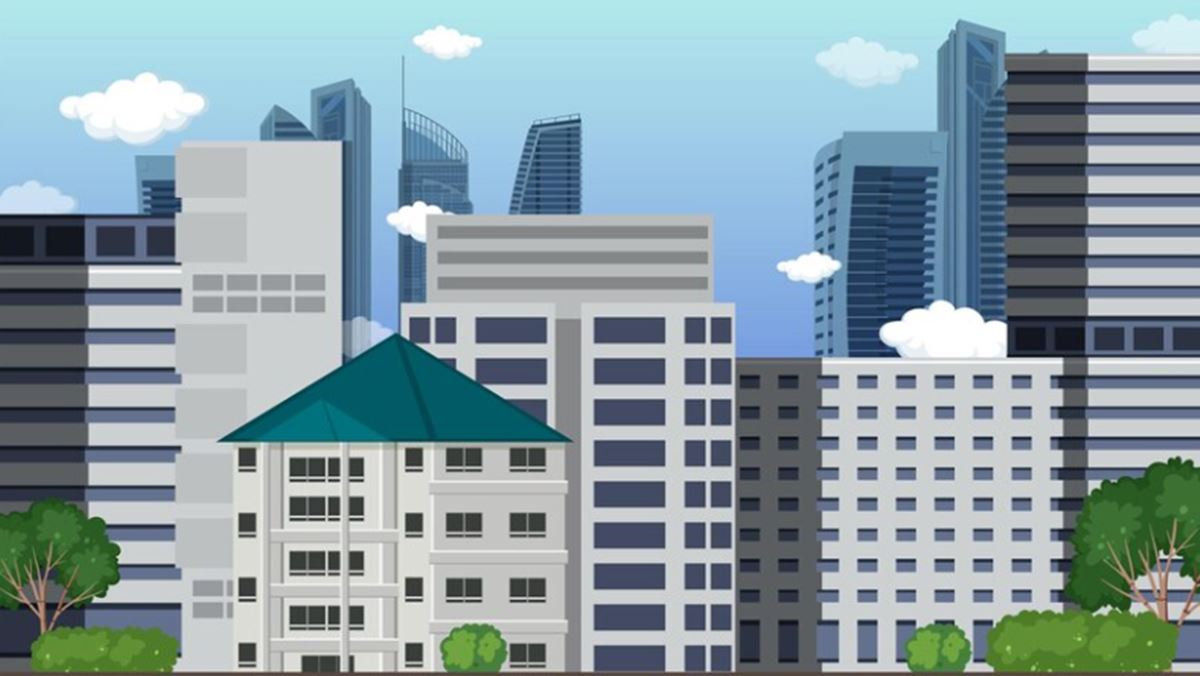India’s housing market is poised for a remarkable transformation by 2025, driven by rapid urbanization, technological innovations, and changing consumer preferences. With its critical role in the economy, the housing sector is expected to contribute 13% to the national GDP by 2025, reflecting its resilience and potential. Projected to grow into a $1-trillion market by 2030, the sector is evolving in response to demographic shifts, policy reforms, and global trends, as highlighted in the recent CREDAI-EY report. Tier II and III cities are emerging as pivotal growth hubs, with smaller urban centers like Jaipur, Indore, and Kochi driving more than 40% of new housing developments by 2025, according to the CREDAI-Colliers report. Improved infrastructure, affordable land prices, and government programs like the Smart Cities Mission are attracting both developers and residents to these cities. Urban migration trends indicate a 15% population growth in smaller cities by 2030, supported by initiatives such as Bharatmala and Gati Shakti. For instance, Indore alone is expected to welcome over 100,000 new residents annually by 2025, positioning itself as a leading real estate destination. Commenting on this shift, Avneesh Sood, Director of Eros Group, says, “ India ’s housing market is on the cusp of a significant transformation. The rise of Tier II and III cities as housing hubs highlights the dynamic opportunities that lie beyond metro regions. These cities are becoming growth engines, offering sustainable, affordable, and innovative housing solutions that cater to the aspirations of a growing middle class.” Also Read: Digital Arrest Fraud: How scammers use fear to steal your money India’s burgeoning middle class is another critical driver of housing demand, with approximately 50 million households projected to have annual incomes exceeding ₹30 lakh by 2025. This marks a notable shift in housing preferences, with mid-income and premium housing segments taking center stage. The urban homeownership rate is set to increase to 72% by 2025, up from 65% in 2020, supported by affordable financing options and a younger demographic entering the housing market. Millennials and Gen Z buyers are expected to comprise 60% of new homebuyers by 2030. According to the National Housing Survey 2024, 30% of buyers in the ₹50-₹90 lakh range prioritize energy-efficient homes, reflecting the growing importance of sustainability in purchase decisions. Sustainability, once considered a luxury, is now a necessity in the housing market. Green-certified buildings are expected to account for 30% of new residential projects by 2025, doubling from 15% in 2020. This trend is fueled by consumer awareness of environmental impact and government incentives for eco-friendly construction. By 2025, over ₹5,000 crore will be allocated to green financing schemes, with developers increasingly incorporating features like solar panels, rainwater harvesting, and smart waste management systems. Green-certified homes, as per the Indian Green Building Council, can reduce energy costs by 25% annually, making them a preferred choice for environmentally conscious buyers and investors aligned with global ESG norms. Technology is reshaping the housing market through the rapid adoption of PropTech solutions. By 2025, the PropTech sector is projected to grow to $25 billion, comprising 8% of the real estate market, up from less than 5% in 2023, according to the CREDAI-EY Report. AI-driven platforms are revolutionizing property searches, with 70% of urban homebuyers utilizing AI tools to finalize their decisions in 2024, as noted by NASSCOM. Blockchain is enhancing transparency and security in property transactions, while virtual reality is streamlining the home-buying experience, with 50% of property transactions in Tier I cities expected to leverage VR by 2025. “The rental housing market is also witnessing a surge, fueled by urban migration trends and the introduction of rental reforms under the Model Tenancy Act. With rental housing projected to grow at 15% annually, cities like Bengaluru, Pune, and Hyderabad are leading this segment. The co-living market is expanding by 20% annually, attracting millennial and Gen Z renters, with investments in this space expected to exceed ₹2,500 crore by 2025. Rental yields are projected to rise from 2-3% to 5%, making it an attractive proposition for investors,” says Sood. As India prepares to urbanize 50% of its population by 2047, the housing sector is entering a phase of unprecedented evolution. The focus on sustainability, technological integration, and inclusive growth is set to redefine the market. However, challenges such as affordability, accessibility, and sustainability remain critical considerations. Sood remarks, “The Indian housing market is not just an economic driver but a reflection of the country’s aspirations. By 2025, we will witness a convergence of innovation, sustainability, and accessibility, creating a robust real estate ecosystem. The challenge ahead is to ensure that this growth remains inclusive and affordable, meeting the needs of all stakeholders.” As 2025 approaches, the housing market stands at a pivotal moment, ready to unlock its full potential. Will the sector rise to meet these challenges and reshape India’s urban future? The answer lies in how effectively it balances growth with the aspirations of a diverse and dynamic population. None
Popular Tags:
Share This Post:

Mirae Asset Mutual Fund’s rare feat: Rs 2 lakh crore AUM, 69 schemes, 68 lakh folios!
December 20, 2024
Crypto Assets: Govt to introduce comprehensive regulatory guidelines? Here’s what FinMin says
December 20, 2024What’s New
Spotlight
Today’s Hot
Featured News
Latest From This Week
Bajaj Allianz unveils industry-first Eco Assure and Named Driver covers – Check details
MONEY
- by Sarkai Info
- December 16, 2024
Subscribe To Our Newsletter
No spam, notifications only about new products, updates.


